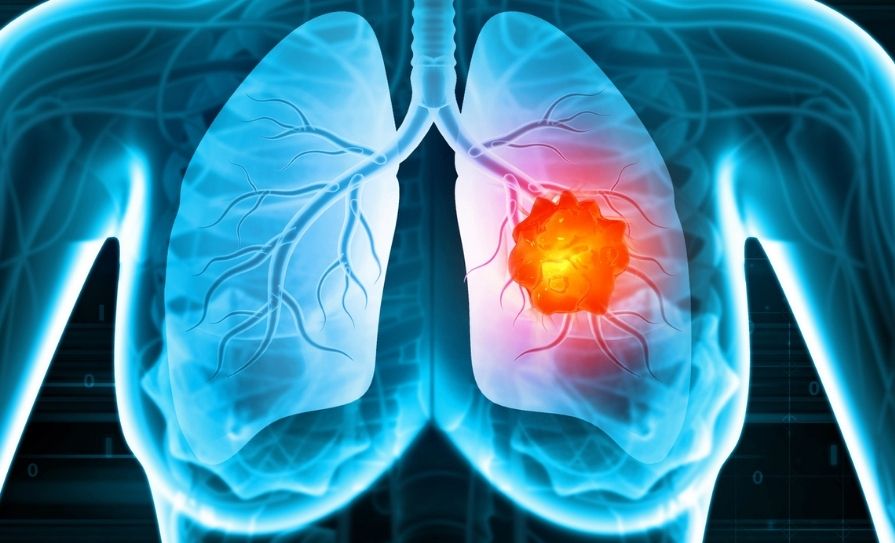Queen’s University Belfast has secured a significant grant to lead a ground-breaking project aimed at establishing lung cancer screening programmes across the island of Ireland.
Lung cancer remains the leading cause of cancer-related deaths in Northern Ireland (NI), with 1,360 people diagnosed each year with the illness. Among patients diagnosed with lung cancer during 2013-2017, one-year survival after diagnosis was 38.2 per cent, while five-year survival was 15.9 per cent. However, almost one-in-two (44.6 per cent) patients died within six months of diagnosis.
Lung cancer is the third-most common cancer in the Republic of Ireland, accounting for 2,586 new cases per year between 2019 and 2021. The annual incidence was 1,386 in men and 1,199 in females.
The LUNG SHOT project, led by Cancer Health Economist from Queen’s Dr Ethna McFerran, will bring leading experts and key stakeholders from NI and RoI together, to create a collaborative approach to tackling one of the islands most pressing public health challenges.
Despite the growing evidence that early detection through screening can significantly reduce mortality, neither region has yet funded a formal lung cancer screening programme.
Dr McFerran, lead investigator from the Patrick G Johnston Centre for Cancer Research, School of Medicine, Dentistry and Biomedical Sciences at Queen’s, said: “Our research will take an extremely collaborative, cross-border approach, leveraging the expertise and resources of both jurisdictions. By working together with both the Public Health Agency in NI and the HSE in RoI, we aim to ensure that the research evidence we develop will show how we can establish programmes for lung cancer screening which are feasible, effective, and sustainable across the island.
“This project is incredibly significant, as it will enable us to link with patient advocacy groups and community partnerships to ensure that the screening programmes are tailored to local needs, while benefiting from international expertise and best practices.
“The findings will provide vital insights into how lung cancer screening can be integrated into existing healthcare systems, with the potential to save lives by detecting cancer earlier, when treatment is more effective.” HRB Chief Executive Dr Mairéad O’Driscoll added: “These HRB awards build on the work of the consortium and are designed to further advance all-island and trans-Atlantic multi-disciplinary cancer research collaborations, networking, and engagement. We are committed to expanding this scheme going forward.”







